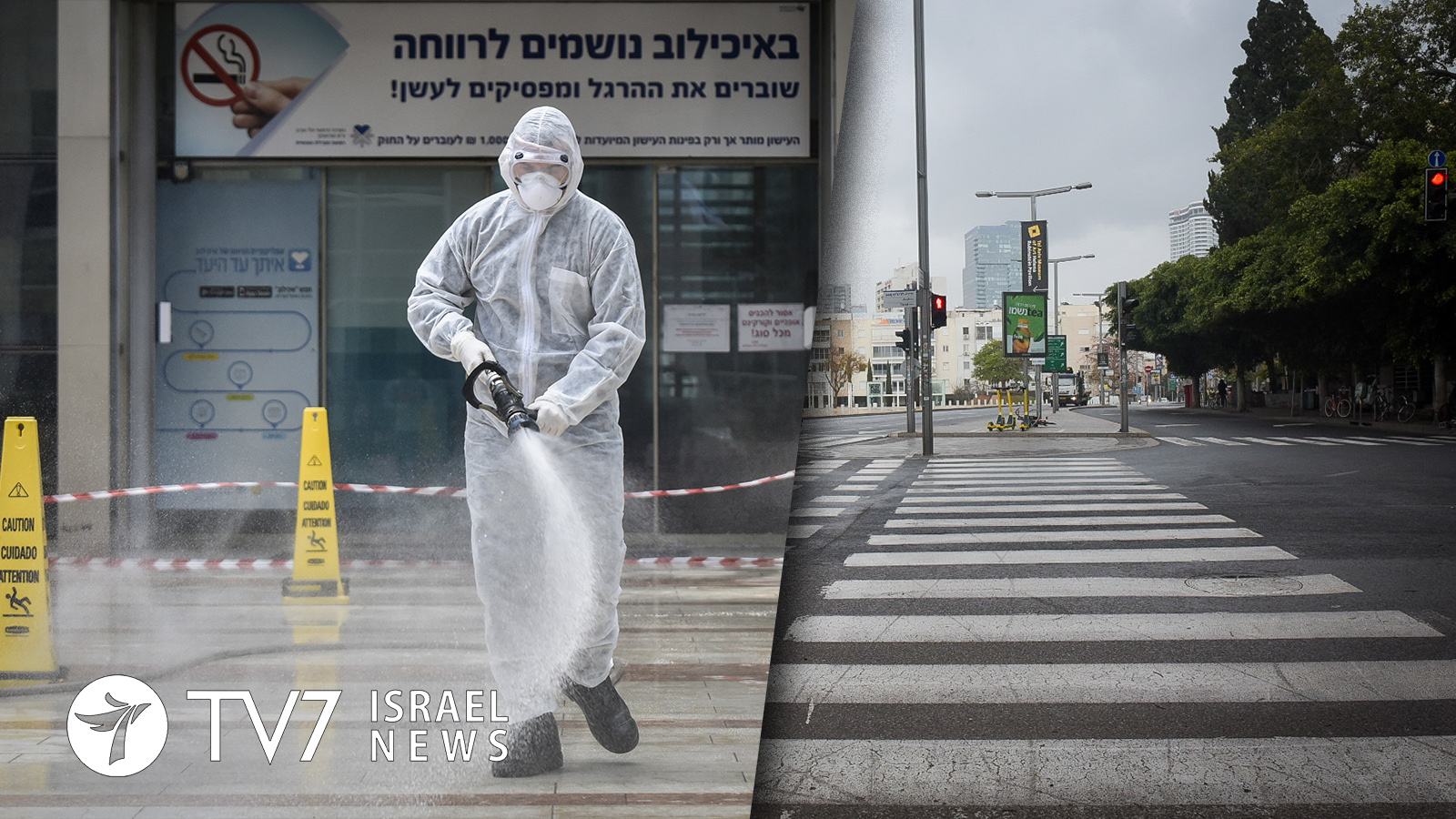The number of Israelis infected with the coronavirus has risen to 705; nine of whom are diagnosed as seriously ill and an 89-year-old woman who is in critical condition.
In response to the worsening situation and ahead of an anticipated nationwide curfew, the IDF entered its highest state of alert – which in practical terms, signifies the military’s emergency preparedness for war. The interim government in Jerusalem, under the leadership of Prime Minister Benjamin Netanyahu, has also declared new, stricter measures that have effectively placed all citizens nationwide in isolation.
Netanyahu began his latest address by reiterating the extensive efforts his interim cabinet has undertaken to limit the contagion. “There is not a moment’s rest in our struggle against the corona epidemic,” he stressed. “As soon as the severity of the danger became clear, we took determined pre-emptive steps. We closed the state’s borders. We enacted extensive mandatory quarantines. We imposed restrictions on gatherings. We reduced workplaces and we used digital means to locate and quarantine corona patients.”
While maintaining that “these steps slowed the rate of the epidemic‘s spread in Israel in comparison to many other countries,” the Premier said “to my joy,” there have so far been no fatalities – which to his regret is likely to change.
The enacted emergency ordinances entail a nationwide curfew. “Under these restrictions you, the citizens of Israel, are required to stay home,” said Netanyahu, emphasizing that “This is no longer a ‘request,’ it is no longer a ‘recommendation’ – It is a binding directive that will be enforced by the authorities.”
“This step is unprecedented since the foundation of the State of Israel,” Netanyahu acknowledged, but insisted that “however, the coronavirus is also unprecedented since the establishment of the State,” adding that “there has not been such a thing in the past 100 years.”
Authorities have been empowered to detain and fine violations of the isolation decree. Individuals can be fined ₪5,000 shekels (equal to about €1,300 Euros or $1,400), and illegal assemblies face ₪3,000 shekel fines (about €775 or $845). The general public is however, permitted leave home to purchase food, medicine and other critical necessities. Furthermore, the Health Ministry allows vital employees to continue work, and unorganized sports activities can be held in groups of up to five people.
Citizens are reacting to the measures with predictable dismay. Tel Aviv resident Yuval Rugas described the atmosphere as “mostly scary,” telling Reuters that there is “physical and obvious panic you can see around the city.” Another resident identified as Fruma Baurgound said the situation was “very depressing” and compared the empty streets and closed shops as reminiscent of the Yom Kippur Day of Atonement. She added that it is her hope and prayer that there will be fewer victims, and that the disease will soon pass.
